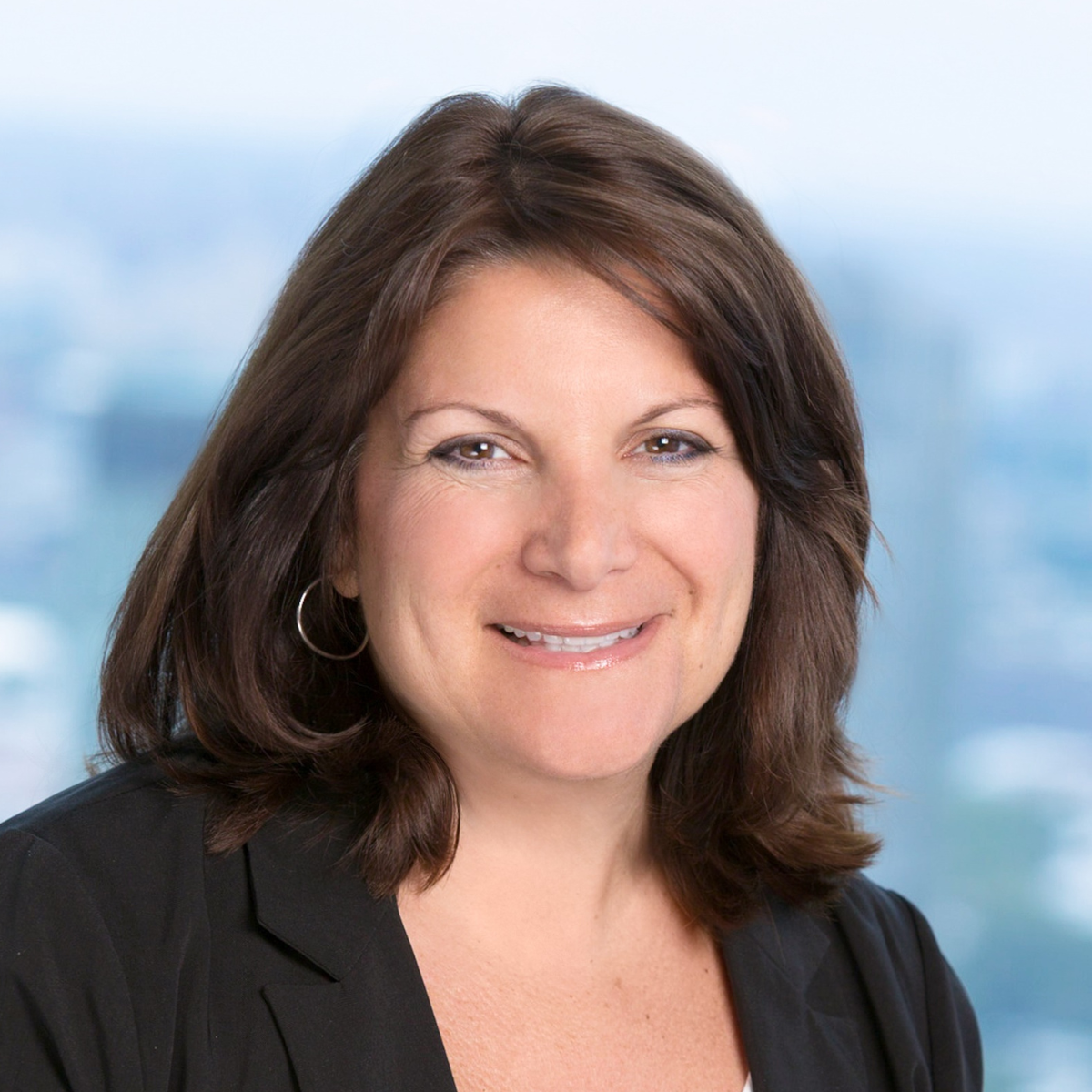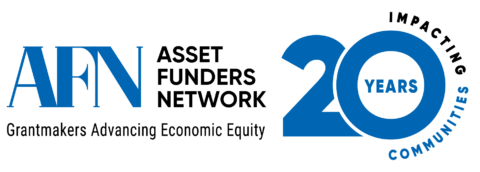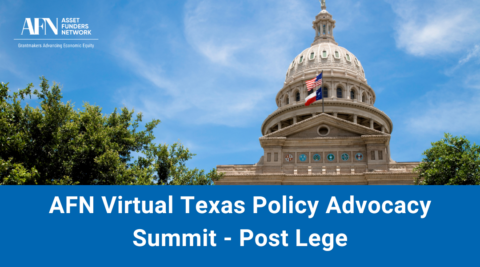This blog is a part of a year-long series called “Roots to Horizons” commemorating AFN’s 20 years in the nonprofit sector.

Brandee McHale is the Head of Community Investing and Development at Citi and President of the Citi Foundation. Early in her career, she helped establish a business and philanthropic case for financial inclusion and asset building as a program officer at the Ford Foundation, playing a formative role in founding AFN and shaping this network into what it is today.
What initially drew you and your fellow AFN pioneers together, and what compelled you to start
building AFN?
The founding members of AFN came out of the movement to address poverty in the U.S. We weren’t initially thinking about building an entire field – our aim was to shift toward a focus on solutions that related to assets and income. As such, the tactics and initiatives that we explored took us beyond focusing on how to lift people out of poverty to thinking about breaking intergenerational cycles through asset-building solutions.
The original members had started working together to stand up and scale Individual Development Account matched savings programs: the American Dream Demonstration for adults and the related SEED effort focused on children savings accounts. These were big ideas, with many institutions invested heavily, and this group came together to determine how we would proceed and execute the vision. We recognized that gaining traction across the sector for innovative solutions such as this one required deep collaboration. Through this community and our success advancing these initiatives, we soon realized we were onto something even bigger.
What was the catalyst for having financial institutions join the table?
We recognized a gap in these large match savings programs. At the time, there was no bank at the table to hold the accounts, and therefore there was no way for nonprofit partners and researchers to execute the program. With this project, we were also trying to think about capital in a new way. Banks fundamentally understand the importance of banking access for low-income communities and were natural partners in this work, both because they had a service and product to provide and because they were already working to understand this marketplace.
What is a key way in which you’ve seen AFN advance the asset-building field?
A core principle at AFN is that the materials and research are publicly available to other funders, grantees and public officials. It is critical to have high-quality information available about which solutions work and why. Just as importantly, what may be a great idea on paper might not be as effective when it comes to execution and measuring impact. Change agents need the resources to educate and share best practices internally to continue working in ways that maximize public, private and philanthropic sector resources. By providing these resources, AFN has helped to educate and inspire change agents across industries and different areas of expertise to continue innovating and collectively advance the field.
How do you think about the change you’ve seen in this field and the role of philanthropy – and AFN – in this space?
What I admire about this community is that versatility and adaptation have been at the core of AFN’s approach since the start. We are at a moment in time where the world is changing rapidly around us. But we have also seen how crisis moments can fuel innovation and shine a brighter light on why this work matters – making a meaningful difference in the lives of countless households who may not have otherwise become homeowners, entrepreneurs or post-secondary degree holders. However, no one institution can move the needle on their own. Organizations like AFN are critical to convening stakeholders and facilitating the time, space and resources to both articulate and execute a new vision for the future. Together as field-builders, we are poised to cultivate, amplify and scale new ideas.
Brandee McHale, Head of Community Investing and Development at Citi and President of the Citi Foundation.



